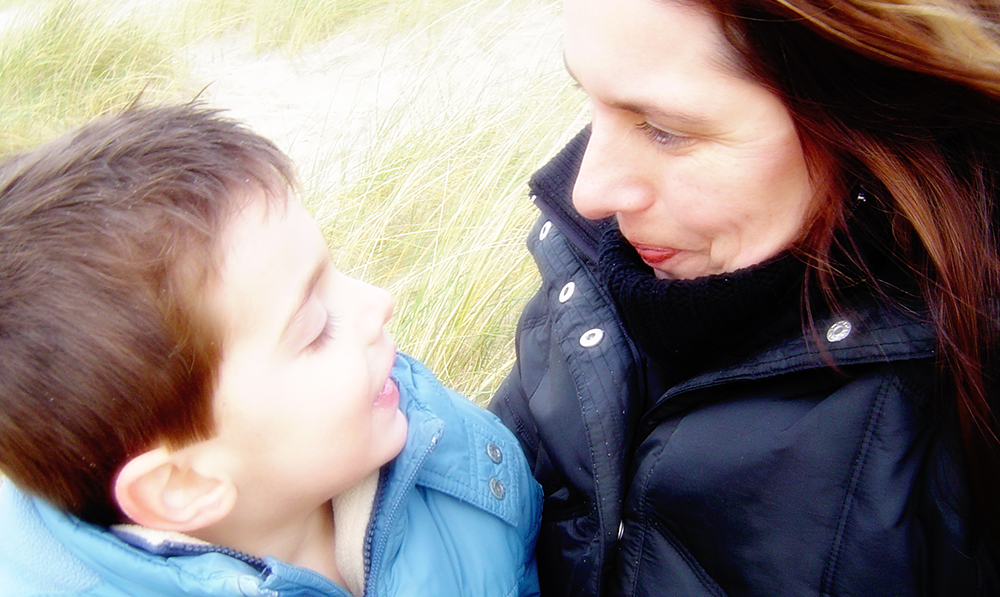A common complaint of parents is that their child is too sad, angry, or generally negative and crabby. Although some things have to do with personality, your child can be a lot happier if you follow several steps. Things like setting a schedule, having a routine, setting aside some down time, magnifying her talents, doing things together, and getting adequate exercise can lead to increased happiness and agreeability in your child.
Schedules and routines
Sometimes what a child needs is predictability in life, and that predictability often comes in the form of a schedule. Children often thrive when things are predictable and follow a daily pattern. Every minute of your child’s life does not need to be planned, of course, but your child will benefit from having the major parts of his day around the same time. For example, a stable wake up time, stable meal times, and stable bedtime. Routines are also a form of predictability beneficial to children. A bedtime routine, for example, may involve a warm bath, a story, and a kiss good night from both parents. Routines like this may lead to more happiness from your child when he knows what is to be expected.
Magnify their talents
One thing that can affect a child’s sense of happiness is low performance in school or other areas. However, children all seem to have special talents in one area or another. It is extremely beneficial to encourage these habits and help them bloom in your child. This can boost their self-confidence and make them feel like they are contributing somehow. For example, one child may be good at art, while another may be talented in math, and yet another at sports. Even if your child isn’t doing well in some other classes or areas of life, boosting their confidence in the talents they have can help boost their confidence overall.
Quiet time
The hustle and bustle of life these days can make any adult frazzled, and it can do the same thing to children. What with school, activities, and electronics, kids’ lives are packed with things to do and places to go. So while structure is great for children and one of the keys to their happiness, some quiet, down time is also extremely important. This down time can come in the form of whatever your child enjoys, such as a nice, calming bath, or just time alone reading a good book. Meditation may also help your child. Start with a minute of quiet time for your child to think, and have him work his way up to however long helps him get grounded.
Do things together
Sometimes children may feel unhappy because of the need to spend more time with their parents. Doing things with your child can help her feel more loved and therefore more happy. Make your activities something you both like to do, so you can both enjoy your time. Things like reading stories to your child, going out together to the park or library, or playing sports together are all things you do with your child that will help you bond.
More exercise
Exercise releases endorphins, which can increase one’s sense of happiness. Help your child get more exercise by signing him up for a sport that he likes. You can also help him stay active by playing together. Take him to the playground or let him play outside to get the added mood boosting powers of sunlight and fresh air. And on rainy days, encouraging active play in the house as well as getting help from your child while doing household chores can also increase his activity level.
Encourage giving and empathy
Another way to increase your child’s happiness (and your own!) is to encourage empathy with others, as well as giving to others. With a younger child, you can encourage her to donate some of her toys or other things to children in need. With an older child, go out together and volunteer in soup kitchens, visit an animal shelter to help out, or visit a retirement home and bring gifts or just sit and chat with the residents. Helping boost others’ morale and happiness is a great way to raise your own.

